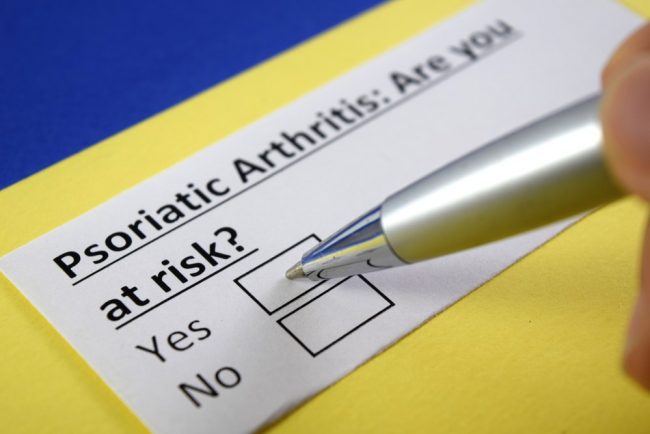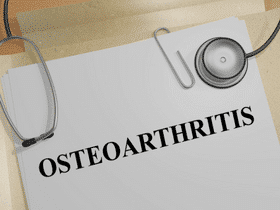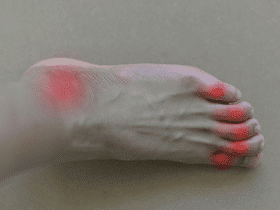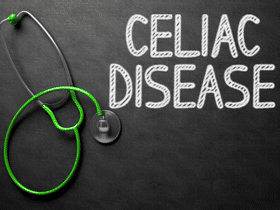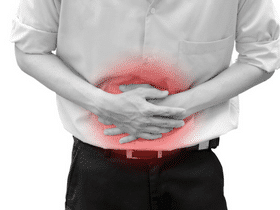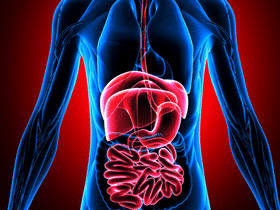Psoriatic Arthritis Symptoms, Causes, and Self-Management
Psoriatic arthritis (PsA) is a health condition that combines symptoms of psoriasis, a skin disease, and arthritis, a condition affecting the joints. Psoriasis causes scaly, itchy red patches to appear on the skin, including the scalp. Arthritis causes inflammation, pain, and swelling in certain joints. You must have psoriasis to develop PsA. However, not everyone


